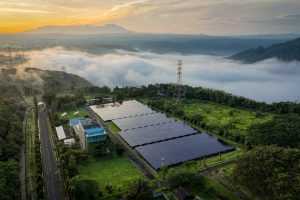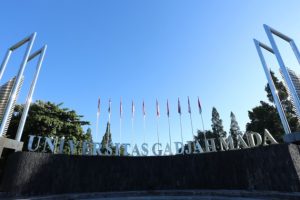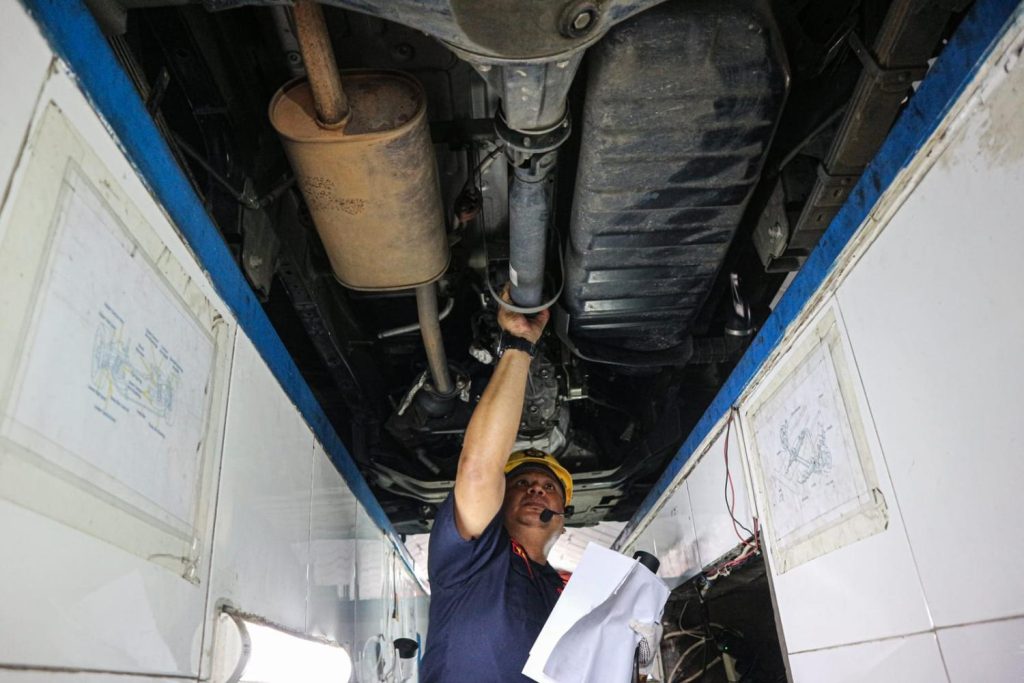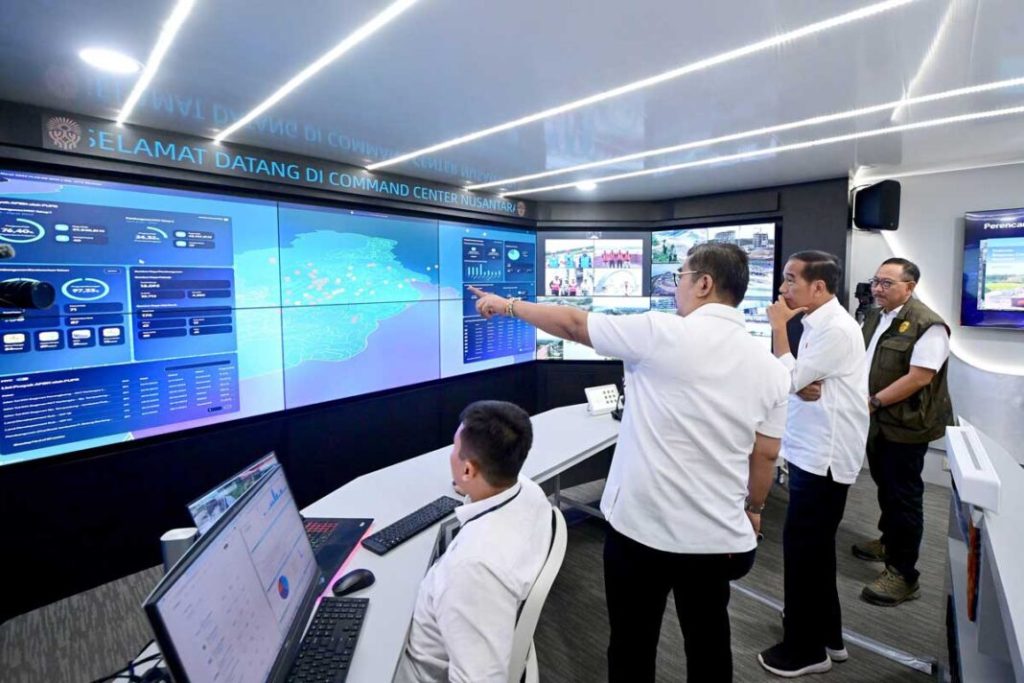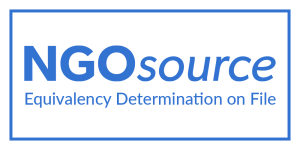Indonesia has succeeded in convincing ASEAN leaders to sign a digital economy agreement. The digital economy has been one of the priority issues during Indonesia’s chairmanship of ASEAN in 2023.
The Digital Economy Framework Agreement (DEFA) marks ASEAN members’ commitment to spurring economic growth. DEFA aims to harmonize regulations among ASEAN members regarding digital economy development by 2025.
The ASEAN digital economy is estimated to grow to US$1 trillion by 2030. This trend is expected to continue with the growth of e-commerce, e-banking and e-education in ASEAN. As chair of the bloc, Indonesia believes the adoption of digital innovation needs to be strengthened to support the creative economy and small and medium enterprises (SMEs). Furthermore, The World Economic Forum predicts that technological transformation will result in the change of 75 million jobs and 133 million new jobs emerging by 2024.
The total ASEAN population will reach 669 million by 2023, equivalent to 8.34 percent of the world’s population, and 440 million people in ASEAN are internet users, contributing further to digital economy growth. This growth will provide several opportunities in the fields of industry, economy and trade, human resource development and capacity building.
Based on data from Bain & Co, Indonesia’s digital economy has reached a value of US$70 billion and is predicted to more than double to $146 billion in the next two years. The digital economy was strengthened by the pandemic, which caused e-commerce in ASEAN to grow by 63 percent. It will continue to strengthen and grow with the introduction of more e-commerce, e-banking and e-education activities.
Most ASEAN countries continue to commit to improving digital infrastructure. In 2022, there were seven ASEAN nations that occupied positions above the average global index for digital infrastructure.
Some countries in the Asia Pacific region are already quite advanced in terms of digitalization, such as Singapore and Malaysia. This can be an incentive for other ASEAN countries to continue to improve digital infrastructure development to create ASEAN digital connectivity.
Nonetheless, the rapid growth of the digital economy in recent years presents significant challenges for ASEAN, including geopolitical dynamics, weak regulatory frameworks, a need for investment and a digital divide. Geopolitical issues make it difficult to implement digital connectivity. For instance, gross human rights violations in Myanmar have triggered unfavorable conditions among ASEAN member countries.
On top of that, tensions in the South China Sea involving several ASEAN countries also directly impact digital connectivity. The “decoupling” process forces ASEAN members to “choose” sides while developing their digital infrastructure.
Some ASEAN member countries have weak legal standings regarding regulations. Only Thailand, Vietnam and the Philippines have laws, strategies and coordination systems related to cybercrimes. Indonesia, Myanmar, Cambodia and Brunei Darussalam only have inter-agency coordination systems.
Meanwhile, investment in the telecommunications sector is still considered low in ASEAN except for in Singapore, where digital investment is advanced. This lack of investment causes low community participation in daily digital practices.
According to the ASEAN Digital Generation Report published in 2022, only 21 percent of the ASEAN population uses digital services such as for credit, investments and insurance.
Digital connectivity depends on education level, skills and infrastructure, and digital readiness varies greatly. In ASEAN, there are notable gaps in internet access, penetration and skills. According to the global digital skill ranking, Singapore, Brunei, Malaysia and Indonesia are more advanced than others.
Given those challenges, ASEAN should take a step forward to leverage digital connectivity. In addition, the signed framework should be implemented into concrete action. From a regulatory standpoint, every country is required to have a strong legal standing.
Harmonizing global principles and frameworks, including data and artificial intelligence (AI) governance and cross-border payment systems, is essential to fostering the digital economy.
To overcome differences in the level of technology development and internet access among ASEAN countries, enhancing the digital literacy of the ASEAN must be the priority. To address this issue, each country should share their best practices.
As ASEAN acknowledges through its people-centered principle, the involvement of private entities is urgently needed to help the government with investment and human capital development by leveraging digitalization in all sectors including government, health and education.
To anticipate future cybercrimes and the advancement of AI use, it is imperative to encourage ASEAN countries to adjust their regulations and develop a single regional framework.
Indonesia’s chairmanship has reasserted ASEAN’s position and commitment to becoming the epicenter of growth. To this extent, Indonesia, as the most populous country and largest economy in ASEAN, can provide many opportunities for ASEAN through the advancement of digital transformation.
The opinion has been published on The Jakarta Post.
Check the original article by clicking on this text.
